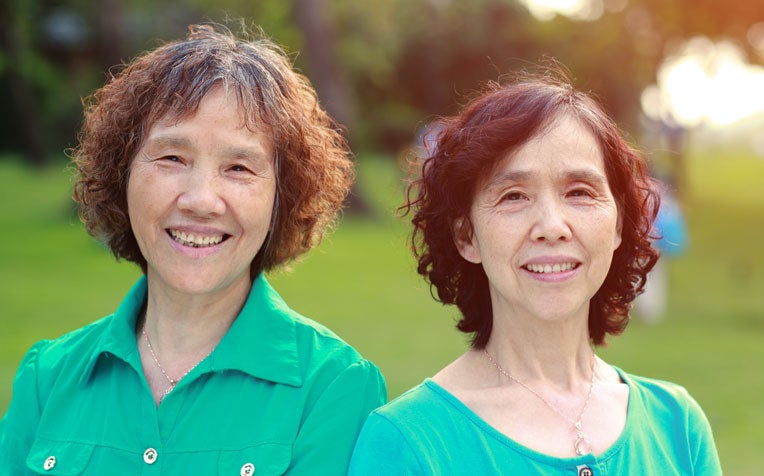HealthXchange will NEVER ask you to transfer money over a call. If in doubt, call the 24/7 ScamShield helpline at 1799, or visit the ScamShield website at www.scamshield.gov.sg.
Menopause: What You Should Do

Menopause What are prescribed ways to cope with menopause?
What are prescribed ways to cope with menopause?
All perimenopausal and postmenopausal women should see their doctor annually for a full physical exam. This exam should include a breast checkup, mammogram, pelvic exam and Pap smear test. Your risk of heart disease and colon cancer should also be assessed.
Lifestyle changes (like avoiding foods that can trigger hot flushes etc.) can help cope with mild hot flushes and other symptoms.
However, in cases of severe and bothersome symptoms, hormone replacement therapy (HRT) can be prescribed. It can be in the form of tablets, patches, gels, vaginal pessaries or cream. It may consist of estrogen only or a combination of estrogen and progesterone in those cases where the woman still has her uterus.
Tibolone is another medication that can be used to control menopause symptoms, especially hot flushes. It is a steroid hormone that has actions similar to hormones produced by the ovaries. Tibolone has one advantage over regular HRT in that it does not stimulate endometrial tissue so it can be used in women with a history of endometriosis.
There are other medications that can be used for specific symptoms like SSRIs (selective serotonin reuptake inhibitors) for depression and clonidine for hot flushes.
In women who are at higher risk of osteoporosis, various medications available for prevention and treatment include bisphosphonates (eg alendronate, risedronate), SERMS (selective estrogen receptor modulators e.g. Raloxifene) and calcitonin.
Do natural or alternative medicines work in relieving menopause symptoms?
To ease the uncomfortable and distressing feeling of hot flashes during menopause, a woman can take foods that are rich in phytoestrogens, or more commonly referred to as 'dietary estrogens'. Foods belonging to this group include soy beans, tofu, oats, wheat, berries, dried beans, lentil, rice, apples, carrots, beer, fennel, and ginseng, among others. They can also avoid foods that trigger hot flashes e.g. coffee and other caffeinated drinks, chocolate, hot and spicy food, and alcoholic beverages.
Herbal medicines can also help alleviate some symptoms of menopause. Clinical studies have shown that black cohosh root (Cimicifuga racemosa) can soothe hot flashes, vaginal dehydration, and insomnia or sleep disturbances.
Leading an active lifestyle with regular exercise can help you cope better with menopause symptoms, and it can also help prevent osteoporosis. Techniques like meditation, yoga, tai chi and pilates are also helpful in reducing stress.
Ref: T12
Contributed by
Related Articles
Conditions & Treatments
Public Events
Get the Health Buddy App
© 2025 SingHealth Group. All Rights Reserved.


















 Get it on Google Play
Get it on Google Play